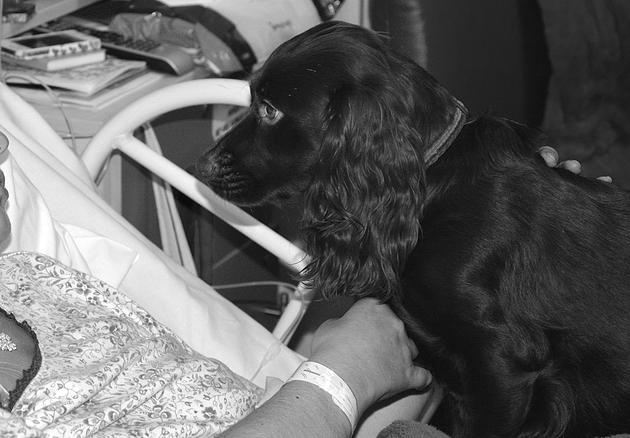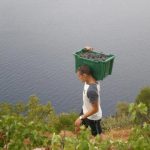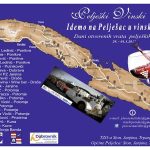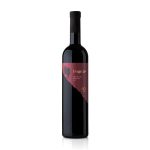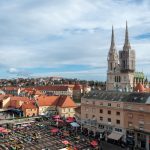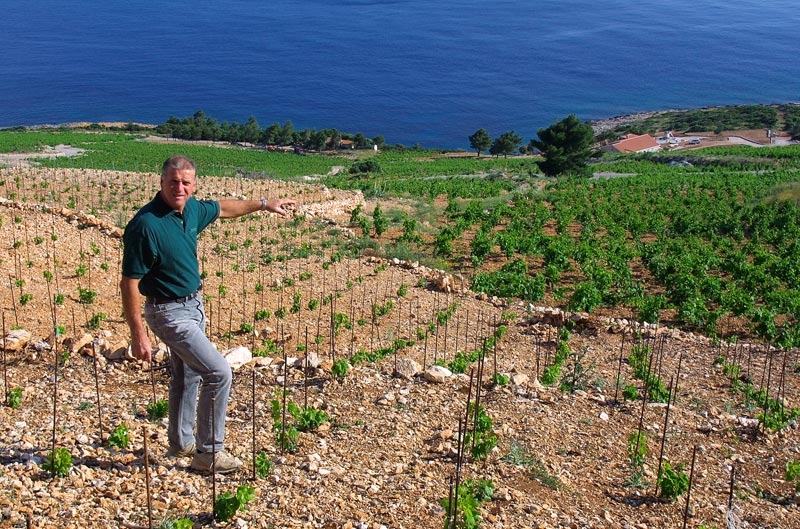
The tradition of winemaking on the Pelješac peninsula goes way back, and some families still producing wines can say that they have been making wine for almost that long. One of those families that still has vineyards there, and is still making plavac mali wines similar to how it was traditionally made is the Skaramuča family. Today the main winemaker and winery owner is Ivo Skaramuča, who in 1992, as soon as it was possible registered his family’s business and started producing, bottling and selling wines from the vineyards that were in his family for ages. And those vineyards we are referring to are impressive, as Skaramuča family is the owner of the largest vineyard in the Dingač location. The Dingač location is an area of the highest level of protection of geographical origin, one of two small and limited locations where the best quality plavac mali vineyards are situated (the other one is Postup). Oriented towards the south, with very little and shallow soil among the rocks, on an extreme slope up to 70% inclination towards the sea, almost impossible for any larger machinery working in the vineyards, the positions gives the grapes many, many hours of sun exposure and a lot of attention from the person handling the vineyards.
Over the past almost two and a half decades mr. Skaramuča has been increasing his vineyards on Dingač position, either by buying or by mulching the rock and turning it into the soil that can host plavac mali vines. So, today he has over 20 hectares of vineyards with over 150,000 plavac mali vines. The entire family works in the winery, and as you might have guessed, they don’t really diversify: all they grow and make is plavac mali.
They have plavac mali Dingač, Reserva and regular, both premium quality wines, both quite high in alcohol (just under 15%), high in tannins and intensity given by the scorching sun, and Reserva is produced using highest quality grapes, it’s aged in oak barrels and has a somewhat smaller yearly production.
They also have Plavac and Plavac premium, quality wines made from the grapes grown within the Pelješac peninsula, on fields that are not leaning toward the seaside. While still wonderful examples of the variety, their alcohol content is smaller than in Dingač plavac, neither has been aged in oak barrels and both are less intense.
The last wine made in the Skaramuča family cellar is a wonderful fresh rose wine, made from plavac mali grapes, of course, dry, harmonious and less alcoholic (around 13%), with subtle fruit fragrance, ideal for a hot sunny day.
The family has two wineshops on Pelješac, one in Pijavičino (where their winery is), on the main Pelješac road, and one in Viganj, the wind-surfing centre of Pelješac.

